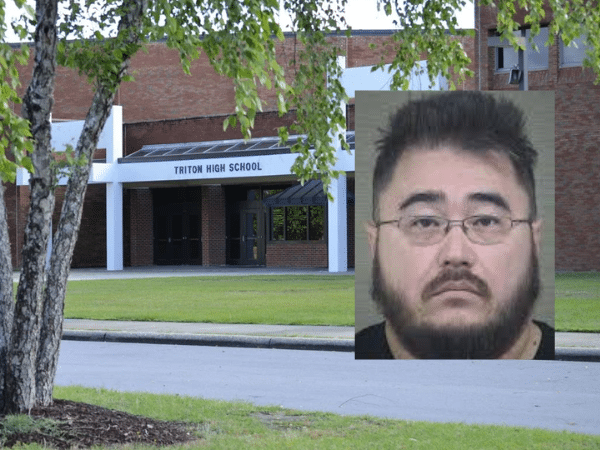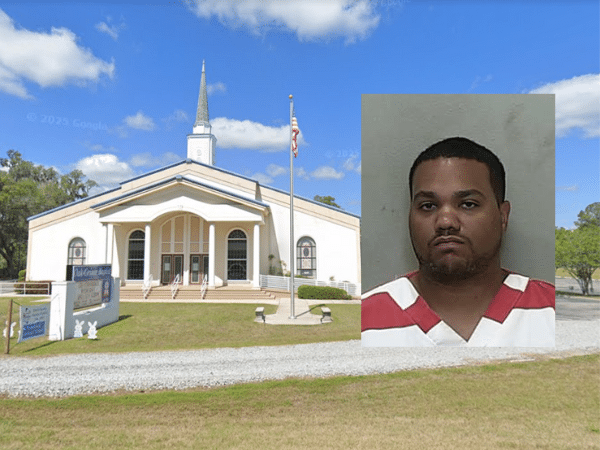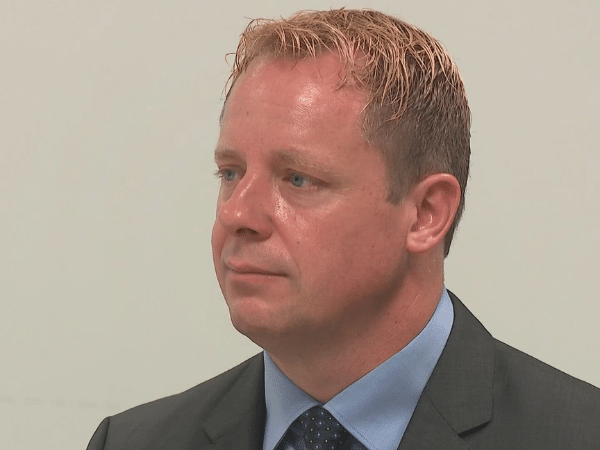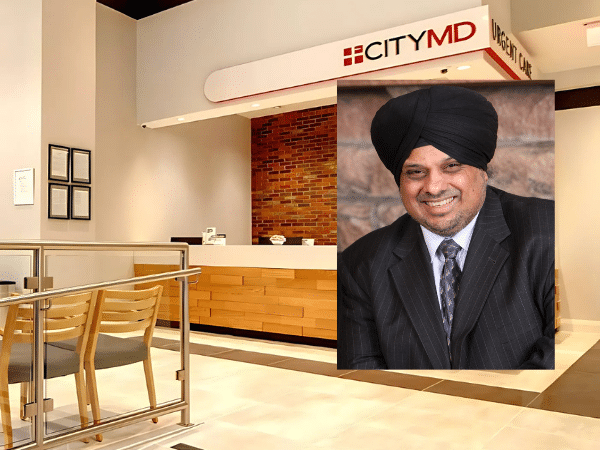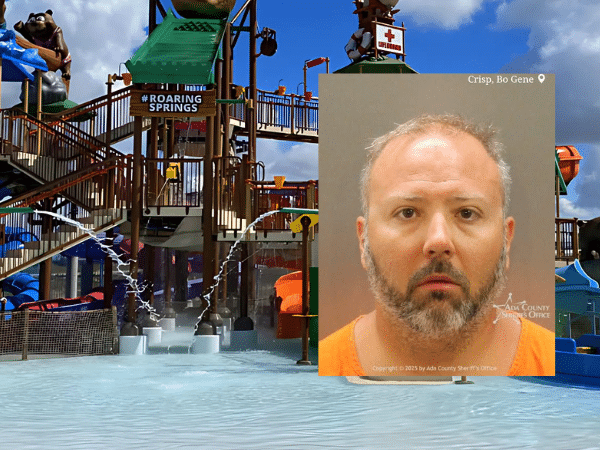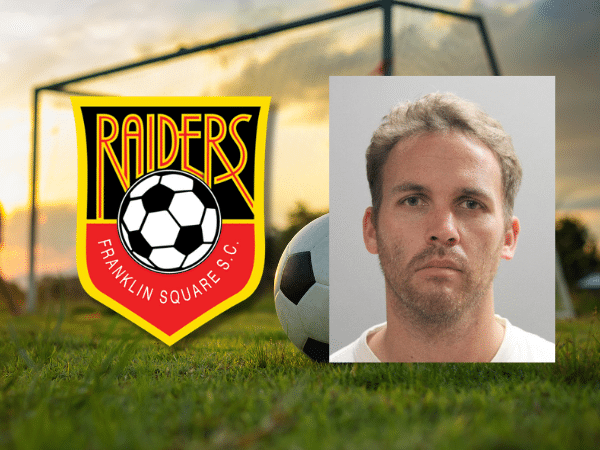ANDREOZZI + FOOTE
YOUTH ORGANIZATION & SPORT LEAGUES SEXUAL ABUSE LAWYER
Home » Practice Areas » Youth Organization and Sport Leagues Sexual Abuse Lawyer
Reviewed by:
Benjamin D. Andreozzi, Esq.
- Last Updated: July 4, 2025
On This Page
- A National Leader in Youth Organization Abuse Cases
- Why Sexual Abuse in Youth Sports and Organizations Is So Widespread
- Common Environments Where Youth Organization Sexual Abuse Occurs
- Legal Options for Survivors of Sexual Abuse in Youth Organizations
- Who Can Be Held Liable for Sexual Abuse in Youth Organizations?
- What Counts as Evidence in Youth Organization Sexual Abuse Cases?
- How Do I Know if I Have a Case?
- What to Do if You Suspect Abuse
- Speak with a Youth Organization Sexual Abuse Lawyer
Youth organizations and sports leagues are supposed to help young people build confidence, connection, and character. However, for far too many young people, these trusted spaces have become unsafe environments. Over the last decade, high-profile cases involving institutions like Penn State, USA Gymnastics, and the Boy Scouts of America have revealed how easily they can exploit their positions of power.
Sadly, these experiences reflect a broader crisis. According to a 2021 Census of Athlete Rights Experiences study, 21% of female youth athletes and 11% of male youth athletes reported experiencing sexual abuse during their sports participation. Other studies show that as many as half of all athletes have endured some form of harassment or abuse. The risks increase when adults have unspervised access to children and weak or nonexistent accountability measures.
At Andreozzi + Foote, we focus exclusively on representing victims of sexual abuse and have built a national reputation for holding institutions accountable. Our trauma-informed attorneys understand the profound impact this kind of abuse can have. If you’re a survivor or if your child has disclosed past abuse in a youth sports league or organization, we are here to support you with the experience, care, and resolve you deserve.
A National Leader in Youth Organization Abuse Cases
Andreozzi + Foote has represented more than 600 survivors of institutional sexual abuse, securing multi-billion-dollar results against some of the most powerful organizations in the country, including national youth groups, religious institutions, and sports leagues. Our firm played a key role in securing a $2 billion verdict against the Boy Scouts of America, one of the largest sexual abuse settlements in U.S. history. These results reflect not only our legal skills but also our unwavering commitment to helping survivors hold powerful institutions accountable. Our trauma-informed, survivor-centered approach has made us a trusted ally for those seeking justice after being failed by the institutions meant to protect and enrich them.
Our legal skills and deep understanding of the people behind the cases are what set us apart. Our clients have told us they feel genuinely heard, supported, and empowered throughout their journey. We take pride in helping clients reclaim their lives, not just file lawsuits. With Andreozzi + Foote, you’ll work with a youth organization sexual abuse lawyer who listens with compassion, acts purposefully, and stands with you every step of the way.
$1.2M
Youth Organization – Andreozzi + Foote represented a boy who was sexually assaulted by a peer
Why Sexual Abuse in Youth Sports and Organizations Is So Widespread
Sexual abuse in youth organizations and sports programs often occurs not because these spaces are inherently unsafe, but because they provide supposedly trusted adults with consistent, unsupervised access to children, often under the guise of mentorship, coaching, or leadership. This power dynamic, combined with a child’s natural inclination to trust authority figures, creates an environment where abuse can be hidden and perpetuated.
High-profile cases like Penn State, USA Gymnastics, and the Boy Scouts of America have exposed how many institutions have ignored warning signs, dismissed complaints, or actively covered up misconduct to protect their reputations. In the case of the Boy Scouts alone, more than 88,000 sexual abuse claims have come to light.
These patterns reflect systematic issues: lack of oversight, weak reporting procedures, and a culture of silence that allows predators to operate for years unchecked. As experienced youth organization sexual abuse lawyers, we know how to identify these failures and hold the responsible institutions accountable.
Common Environments Where Youth Organization Sexual Abuse Occurs
Sexual abuse in youth organizations isn’t limited to one setting. It can happen anywhere adults have authority over children and institutions fail to provide adequate safeguards. Common settings where abuse occurs include the following:
- Community sports leagues
- Swim clubs, gymnastics gyms, and dance studios
- School-affiliated teams and clubs
- Recreational and travel sports programs
- Mentorship programs like Big Brothers Big Sisters
- Church youth groups and scouting organizations
- Overnight and day sports camps
- Equestrian and competition-based clubs
Abuse doesn’t always take place in person. Many cases now involve digital grooming, which includes inappropriate texting, social media contact, or other online manipulation. Whether the abuse happens in a locker room or over a phone, organizations have a legal duty to protect children, and when they fail, our youth sports sexual abuse lawyers are prepared to hold them accountable.
Legal Options for Survivors of Sexual Abuse in Youth Organizations
If you or your child experienced sexual abuse in a youth sports league or organization, it’s important to know that you may still have legal options, even if the abuse happened years ago. Many states have extended or eliminated civil statutes of limitations for child sexual abuse cases, allowing adult survivors to come forward and seek justice.
Survivors may be able to file lawsuits not only against the individual who caused the harm, but also against the institutions that allowed the abuse to happen, whether by failing to act on red flags, ignoring reports, or covering up misconduct. Every survivor’s story is different, and so is the path forward. We offer confidential, no-obligation case evaluations to help you understand your rights and what steps you can take to seek justice and healing.
Who Can Be Held Liable for Sexual Abuse in Youth Organizations?
In many cases, both the individual abuser and the youth organization can be held legally responsible for the harm caused. Civil claims allow survivors and families to pursue accountability not just from the person who committed the abuse, but from the institutions that enabled it.
Organizations may be liable for failing to conduct background checks, ignoring warning signs, mishandling reports, or not enforcing clear safety policies. Responsible parties include national groups and their local chapters, which often share oversight duties and bear joint responsibility for protecting the children in their care.
What Counts as Evidence in Youth Organization Sexual Abuse Cases?
At Andreozzi + Foote, we understand that many survivors worry they won’t be believed or that too much time has passed to make a difference in their healing journey. But in civil sexual abuse cases, the survivor’s testimony is often central and can carry significant legal weight.
Other forms of evidence can help support your account, including the following:
- Reports or testimony from other survivors
- The organization’s records and files
- Medical or therapy records
- Text messages, emails, or social media exchanges
- Photographs or journal entries
- Witnesses who observed suspicious behavior or confided in disclosures
- The accused’s inclusion in known offender lists or public accusations
How Do I Know if I Have a Case?
It’s completely normal to have questions or feel uncertain, but you don’t need to have everything figured out to reach out to us. Every case of sexual abuse in a youth organization or sports league is different, and many survivors aren’t sure whether what happened to them “counts” or if it’s too late to take action.
At Andreozzi + Foote, we’ve spent decades helping survivors navigate the complexities of civil sexual abuse cases. From state-specific statutes of limitations to institutional immunity protections, our attorneys understand the legal barriers that can arise and how to overcome them, helping survivors and families pursue justice when others said it couldn’t be done.
If you’re wondering whether you have a case, we’re here to offer answers, options, and support.
What to Do if You Suspect Abuse
If you suspect a child has experienced abuse in a youth organization or sports setting, your instincts matter, and your response can make a difference. Here are some steps you can take:
- Talk to the child calmly and without judgment. Let them know they are safe to share, and it’s not their fault.
- Document what you observe and what is disclosed. Keep written notes of dates, behaviour changes, conversations, or anything unusual.
- Remove the child from the environment if possible. Prioritize their safety immediately.
- Report your concerns to law enforcement or child protective services. You can also notify the organization and any relevant personnel.
You don’t have to navigate this situation alone. At Andreozzi + Foote, our trauma-informed legal team can guide you through your legal options confidentially, compassionately, and with the strength to hold institutions accountable. We’re here to protect your child and seek justice.
Speak with a Youth Organization Sexual Abuse Lawyer
If you or your child has experienced abuse in a youth organization or sports league, contact Andreozzi + Foote for a free, confidential consultation. Our experienced legal team is here to help you seek justice and begin the path to healing.
UNIVERSITY
At Andreozzi + Foote, we stand up for survivors of sexual abuse in schools and universitiesi, holding educational institutions responsible for failing to protect students and fighting for the justice they deserve.
We represent survivors of clergy sexual abuse, holding religious institutions accountable and seeking justice for those who endured harm by trusted leaders within the faith community.
Our firm is committed to helping survivors of human and sex trafficking by pursuing justice against traffickers and organizations, while providing compassionate support to help rebuild lives.
At Andreozzi + Foote, we fight for children harmed in daycare and child care settings, holding caregivers and organizations accountable for their failure to protect vulnerable young lives.
Children are among the most vulnerable individuals in society. Children left without the protection of their natural parents are even more vulnerable.
/SPORTS LEAGUES
We represent survivors of sexual abuse within youth organiations and sport leagues, demanding justice for victims harmed by trusted coaches, mentors, and officials.
Our Experienced attorneys advocate for survivors of sexual abuse at camps, ensuring that negligent organizations and staff are held accountable for violating the safety and trust of children.
At Andreozzi + Foote, we fight for victims of sexual abuse in healthcare settings, holding medical professionals and institutions accountable for exploiting their positions of trust and power
We support survivors of sexual abuse in residential care facilities, striving to hold care providers and institutions accountable for violating the safety and well-being of vulnerable individuals.
Our attorneys are dedicated to seeking justice for nursing home residents who have suffered sexual abuse, holding negligent facilities and staff accountable for mistreating elderly and ulnerable individuals.
CONTACT US TODAY
Free In-Depth,
Confidential Consultation
Empowering Survivors and Delivering Justice Nationwide
We understand the courage it takes to reach out for help, and we are here to listen. At Andreozzi + Foote, our trauma-informed attorneys are dedicated to providing compassionate, confidential support every step of the way. With extensive experience in advocating for survivors of sexual abuse, we are committed to creating a safe and supportive environment where your voice is heard and your rights are fiercely protected. Contact us today for a free, in-depth consultation and take the first step toward justice.


